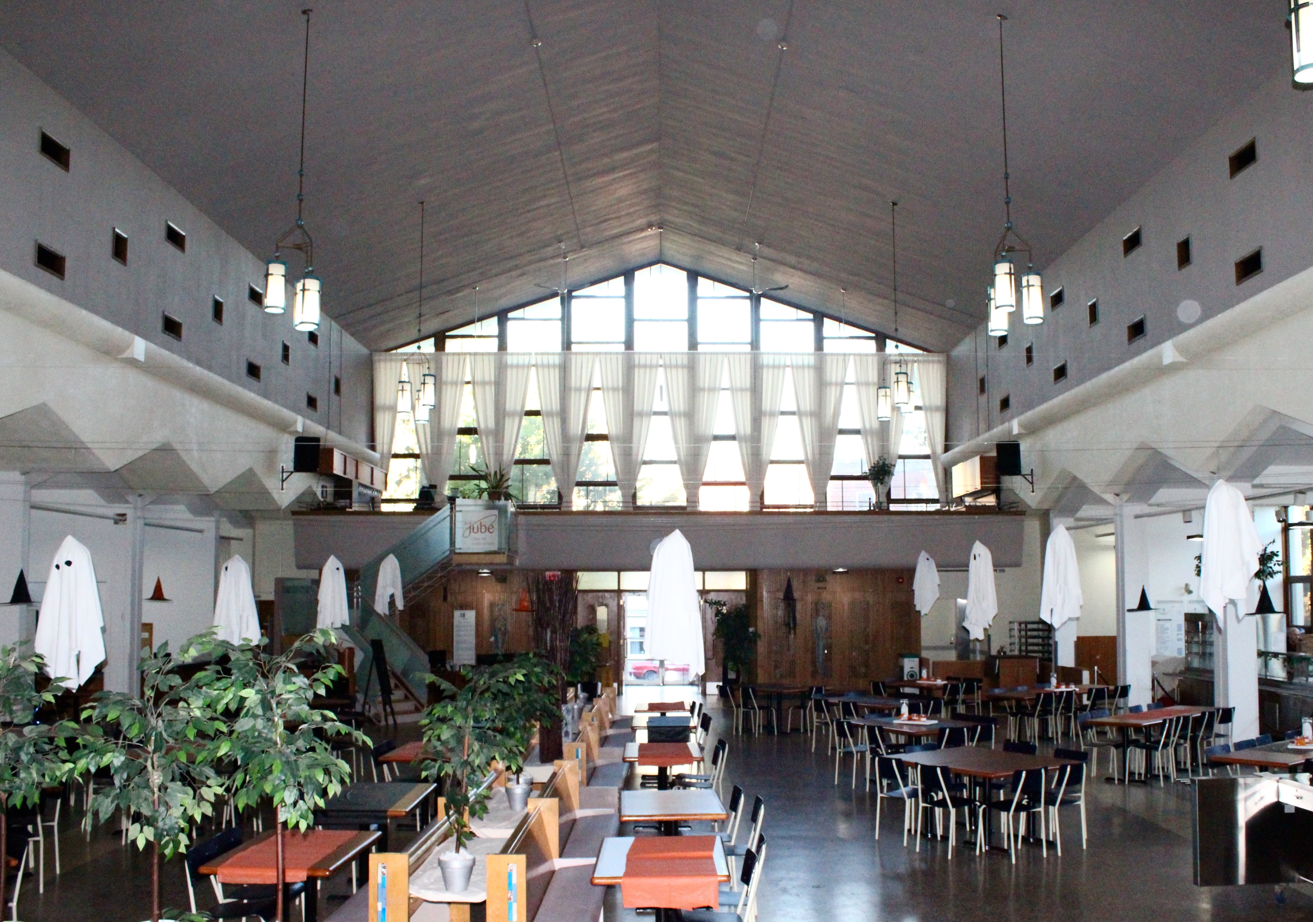On May 1st, 2023, major floodings caused significant damage. Built about 175 years ago, the historical building which housed the Gîte au Clocheton was demolished in August 2024.
Built heritage is more than simply architectural heritage. It is a living account of a society’s cultural identity, showcasing the way it has changed over time. Due to the growing threats of climate change, this heritage is in danger. Claudine Déom, an associate professor at the Université de Montréal, has been looking into this worrying situation with the help of Ornella Siger, a doctoral student in urban planning. Their research, completed in 2024, identifies the main issues affecting built heritage and lays the groundwork for its preservation.
A necessary awakening
While climate change is discussed more and more in Quebec, historical heritage is often neglected. Déom points out that climate-related events have already led to the demolition of hundreds of buildings. She believes that adaptation solutions must be found to preserve them.
The challenge is considerable, especially since there is no register identifying heritage buildings that have been damaged or destroyed by climate-related factors. “How many buildings have disappeared? How many could disappear?” asks Déom. Given this lack of data, it’s essential to understand the vulnerabilities of the built heritage.
Better understanding for better protection
In their study, Déom and Siger identify the main climate issues and risks for built heritage, as well as possible solutions. “To protect our heritage, we need to understand the issues affecting it,” says Déom.
Floods, heat waves, storms and freeze-thaw cycles are significant hazards. They weaken construction materials, accelerate the deterioration of structures and exacerbate the risk of collapse or irreversible deterioration. In addition, the intensification of climate-related events increases the frequency and severity of damage.
And another threat is just as worrying. “Built heritage is often left out of conversations,” says Déom. This oversight results in a lack of data on the condition of heritage buildings, and an insufficient legal framework to preserve them.
The research report proposes several possible solutions, including raising awareness among municipalities, RCMs, property owners and community stakeholders. Appropriate tools could enable better understanding of impacts and more effective planning of interventions. Déom also emphasizes the importance of training in restoring and maintaining heritage buildings. “We need professionals who are capable of working on our historic buildings and respecting their heritage value while adapting them to climate issues,” she says.
Protecting heritage enhances sustainability
Built heritage can also support sustainable development. Déom emphasizes that “the greenest building is the one that already exists.” By protecting heritage structures, we can preserve our history and help adapt to and mitigate the impacts of climate change. This is all the more relevant in the context of the decarbonization initiatives implemented in Quebec, in which the maintenance of historic buildings can play a significant role.
The future of the built heritage requires an approach that combines conservation with adaptation. Déom calls for heritage to be better integrated into sustainable development and climate change adaptation efforts. Inspiring examples, such as the transformation of the Saint-Roch district and the Maison de la littérature in Québec City, illustrate how the past and the present can be united harmoniously. “By combining conservation with modernity and sustainability, built heritage can not only be preserved, but also used in a living way that’s useful for current and future generations.”
Once a church, the Maison de la littérature in Québec City has been restored as a library and cultural centre, while preserving its original character.

Marie D Martel, CC BY-SA 4.0, via Wikimedia Commons
This former church in Montreal is now the Chic Resto Pop, a socio-professional integration, social economy and community action organization.

Mélissa Mars, Chaire de recherche du Canada en patrimoine bâti, 2016